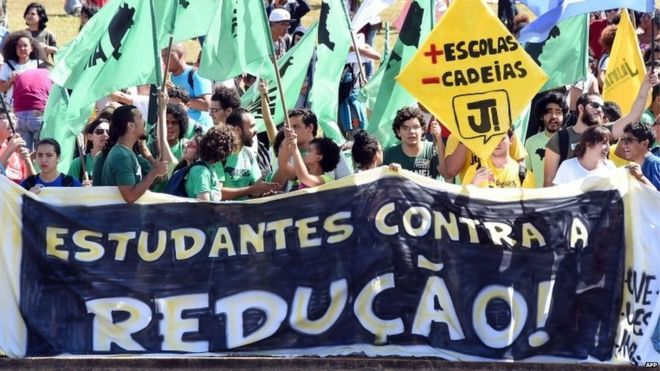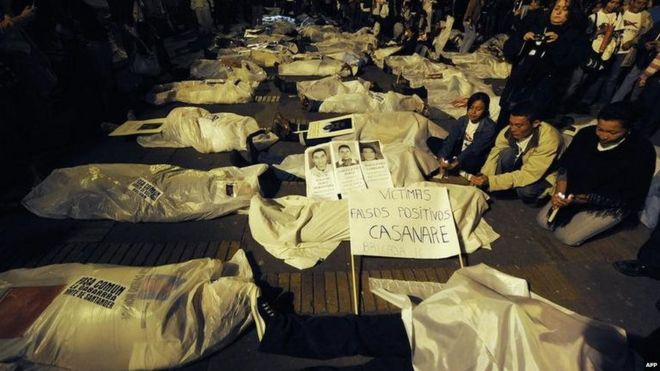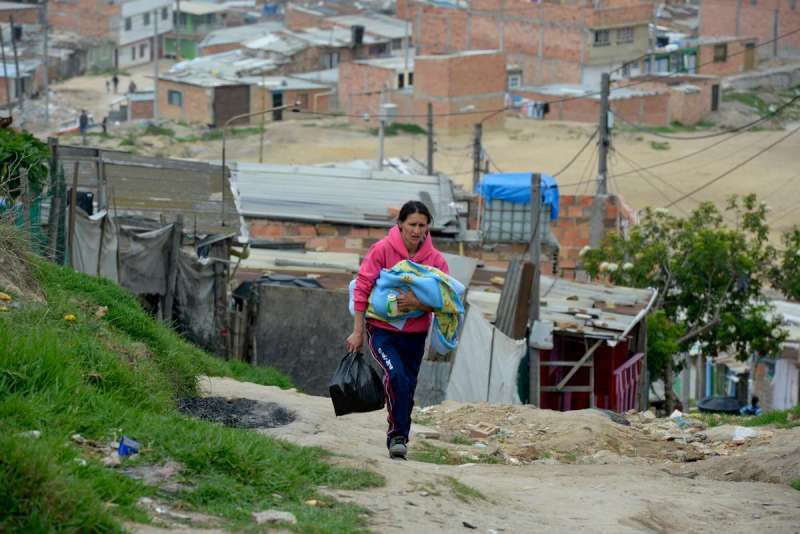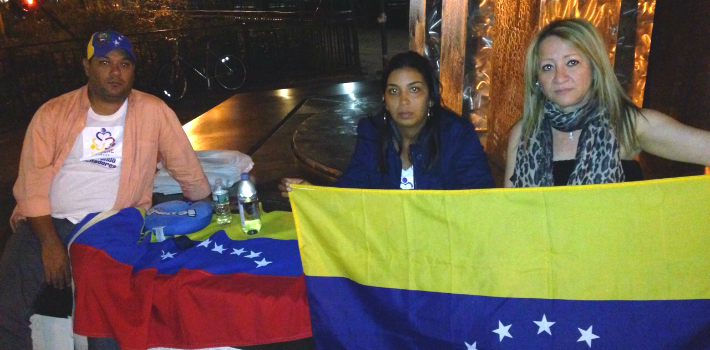By Kaitlyn Degnan
Impunity Watch Reporter, South America
BOGOTA, Colombia — Colombia has agreed to de-escalate attacks against FARC rebels, so long as FARC maintains their unilateral ceasefire. FARC representatives announced on July 8th that they would initiate a ceasefire starting July 20th. The Colombian government agreed to de-escalate actions against FARC. Representatives of the two parties announced the agreement in a joint press release from the ongoing peace conference, held in Havana, Cuba.
Talks have been ongoing for about two and a half years, but have recently suffered set-backs caused by a significant escalation of violence between the parties in recent months. The most recent ceasefire (called for by FARC in December 2014) ended after 11 Colombian soldiers were killed in April. FARC officially ended the ceasefire on May 22, and relations between the parties (and the quality of the peace talks) have deteriorated since.
Following the initial April incident, Colombia resumed bombing campaigns against FARC-held positions. FARC responded by targeting Colombian oil pipelines. June was the most violent month in the Colombian/FARC conflict since 2012, with the Conflict Analysis Resource Center (in Bogota) logging 83 armed attacks during the month.
Although FARC has called for bilateral ceasefires in the past, the Colombian government has rejected the notion each time. The lead negotiator for the Colombian government, Humberto de la Calle, has emphasized that this agreement does not constitute a bilateral cease fire.
Speaking following the announcement of the agreement, de la Calle said, “We are not going to just paralyze government forces for a simple illusion that will later prove frustrating.” He specified that Colombian forces will continue to respond to any instances of violence coming from FARC rebels.
Talks have been ongoing between Colombia and FARC in Havana since November 2012. Cuba and Norway are both acting as guarantors to the peace process, and have each called for a truce. Pope Francis has also offered Vatican assistance in the peace process.
Colombian President Santos has pledged that the government and FARC will work together towards a final peace agreement “without delay.” He also announced that he will make a decision in four months on whether to continue the process, or not.
220,000 people have died in the 50 year conflict between the government and the rebels, and millions of civilians have been displaced.
For more information, please see:
BBC – Colombia agrees to reduce attacks against the Farc – 12 July 2015
REUTERS – Colombia says to de-escalate war if rebels uphold ceasefire – 12 July 2015
TeleSur – FARC and Colombian Government Agree to Ease Hostilities – 12 July 2015
ABC News – Pope Offers Vatican Assistance to Colombia Peace Process – 13 July 2015



